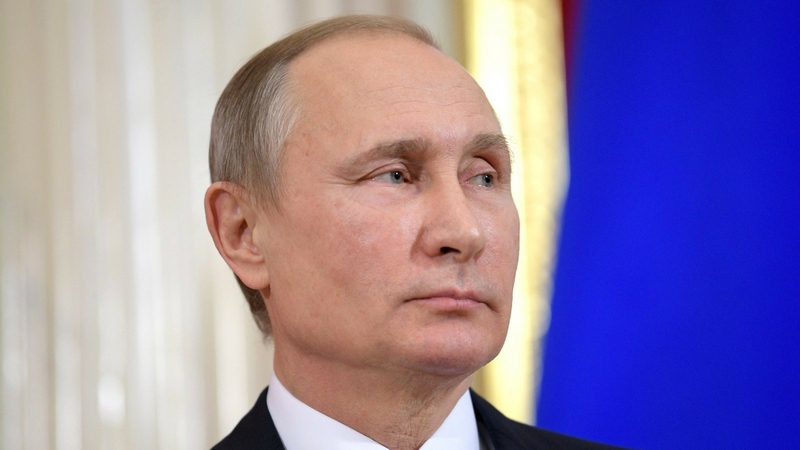Malta is one of seven EU member states that continues to ignore or deny the existence of Russian disinformation campaigns, according to a think-tank report.
The European Values Think-Tank identified Malta together with Hungary, Austria, Luxembourg, Portugal and Slovenia as countries that also ignored Russian hostile influence operations.
This report is a follow-up to a 2017 report that summarises the attitudes, policies, and strategic responses of the EU28 to Russia’s disinformation campaigns.
The Kremlin’s use of aggressive hostile influence tactics like disinformation, together with its support for European extremists and radical leaders, has strongly alienated at least 14 EU countries, the report said.
The use of disinformation by the Russian government to confuse and distract has long been documented. Atlantic Council think tank examined the social media coverage of the Skripal poisoning incident where a former Soviet spy and his daughter were the victims of nerve gas, leaving the father dead.
It found four of the six most read pieces on Twitter and Facebook about the Skripals were from the Russia-owned RT (formerly Russia Today). Only two of the articles were from the “mainstream” UK media.
Matteo Salvini, Italian Interior Minister, shared an article on his Facebook page, titled “The Skripal Case is a hoax, the war of the West against Russia is terribly true”. His post was liked 3,800 times and generated over 800 shares.
In June, the Atlantic Council launched DisinfoPortal.org, an interactive online guide to track the Kremlin’s disinformation campaigns and is a tool for governments, journalists, and policy makers, bringing together 23 top organisations and more than 80 experts fighting Russian disinformation in the United States and Europe.
One month later, it published its latest report, Combating Russian Disinformation: The Case for Stepping Up the Fight Online, examining Russian disinformation campaigns.
The European Values report highlights a “momentum” after the Skripal poisoning attack, which ended up in several countries expelling Russian diplomats. Apart from Great Britain, which was the direct victim of the attack, a number of EU country decided to expel more than four diplomats from Russian embassies.
On the other hand, nine countries – including Malta – did not expel any diplomatic or administrative personnel from Russian embassies.
The findings of the report are based on a qualitative analysis of national strategy documents, reports, and official statements from all 28 member states that reveal the priorities of their individual foreign, security and defence policies.
The report aims to summarise how individual EU member states are reacting to the growing threat of Russian subversion in the government and political establishment, the counterintelligence community, and the civic sector.
In the country notes for Malta,the report said neither the government nor civil society “pursues any specific policies aimed at countering disinformation campaigns”. Malta’s relations with Russia “are insignificant” and has “almost no interest” in any related issues.
It pointed out that Malta has refused to allow Russian warships en-route to Syria to refuel in Maltese ports and that Maltese intelligence has warned about possible cyberattacks and election interference as retaliation.
Disinformation techniques are also being used by the Maltese government, as is highlighted in The Shift’s own Disinformation Watch series. The government marginalises facts by, for example, using the Egrant inquiry summary to obscure the undisputed fact that the Prime Minister’s chief of staff Keith Schembri and Tourism Minister Konrad Mizzi own “Egrants” of their own or undermines authorities by calling the European Banking Authority’s formal investigation into the FIAU “routine”.
Read more: Disinformation Watch












